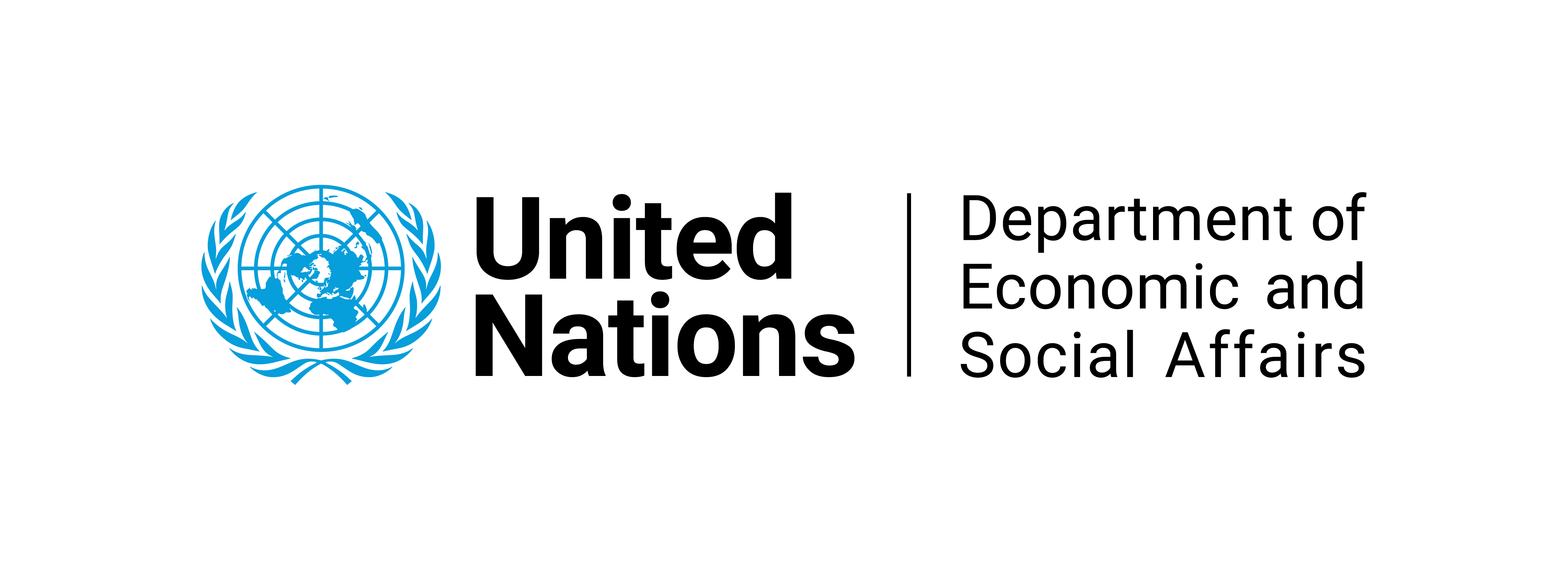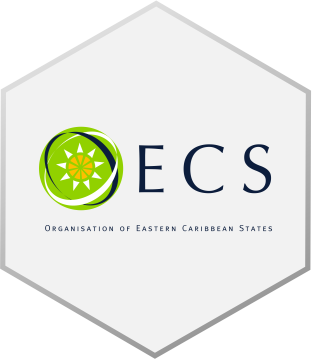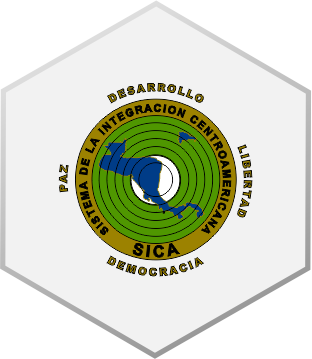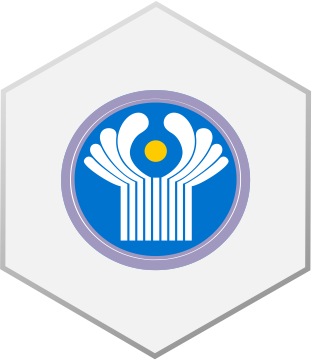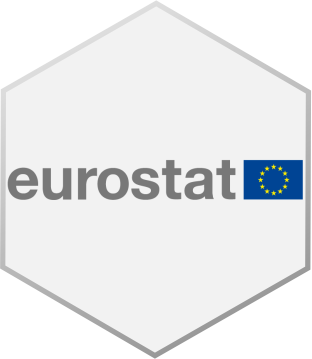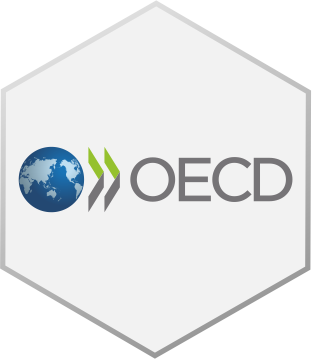17.9 Regional and sub-regional organizations#
17.9.1 Overview#
Regional/sub-regional entities that have statistical programmes and participate in the UNSC annual sessions, as well as the intergovernmental statistical bodies (statistical conferences or committees) of the UNRCs as observers, are described below.
The organizations in this category are presented by geographic areas that generally represent their areas of operation. An exception is the OECD whose members cut across regions. See links to cards below.
Africa#
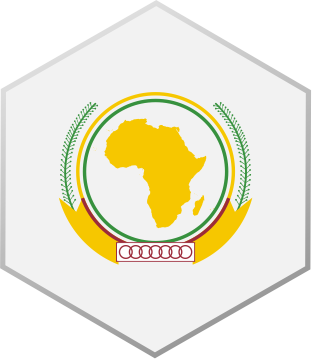
African Union (AU)

Economic and Statistical Observatory of Sub-Saharan Africa (AFRISTAT)

Common Market for Eastern and Southern Africa (COMESA)
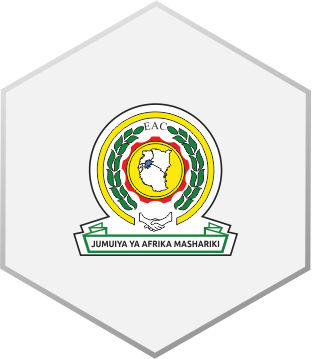
East African Community (EAC)
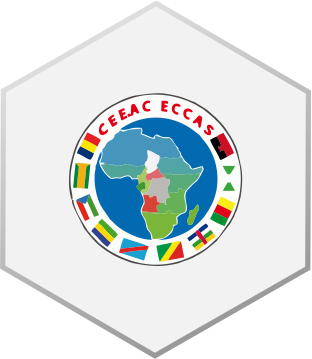
Economic Committee of Central African States (ECCAS)
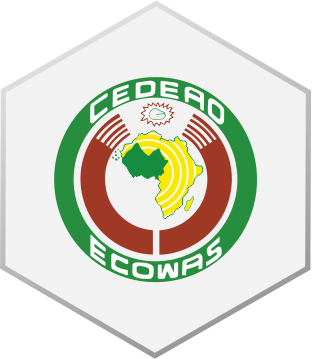
Economic Community of West African States (ECOWAS)
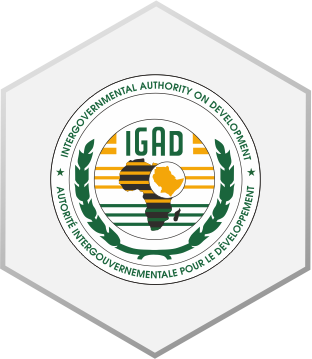
Intergovernmental Authority on Development (IGAD)
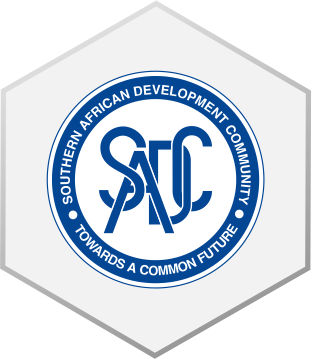
Southern African Development Community (SADC)
Americas#
Asia and Pacific (including Arab regions; excluding Eurasian organizations)#
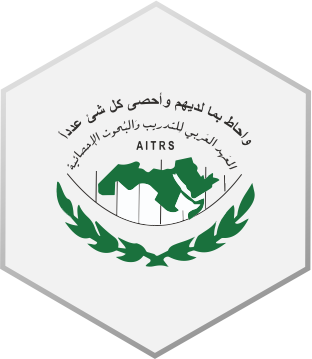
Arab Institute for Training and Research in Statistics (AITRS)
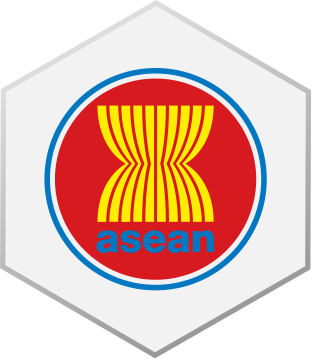
Association of Southeast Asian Nations (ASEAN)
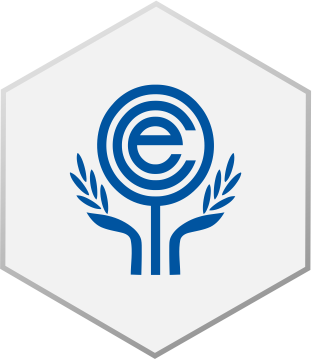
Economic Cooperation Organization (ECO)
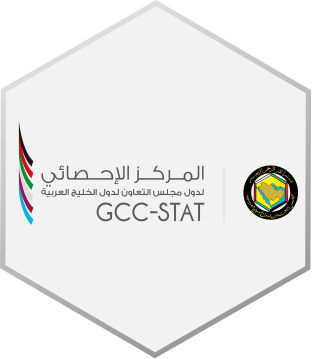
Statistical Centre for the Gulf Cooperation Council (GCC-Stat)
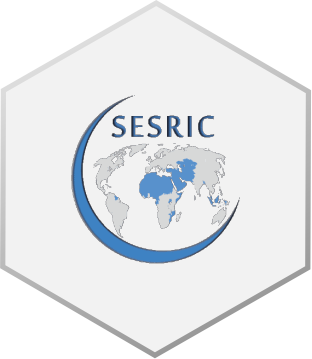
Statistical, Economic and Social Research and Training Centre for Islamic Countries (SESRIC)
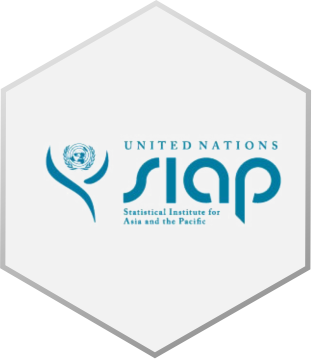
ESCAP Statistical Institute for Asia and the Pacific (SIAP)
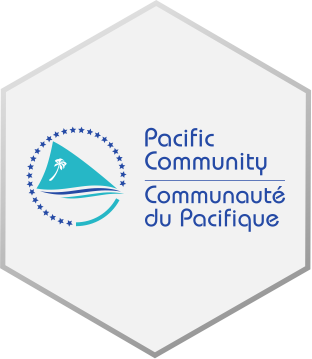
Pacific Community (SPC)
Europe and other countries (including Eurasian organizations)#
17.9.2 Africa#
African Union (AU)
The AU promotes Africa’s growth and economic development by championing citizen inclusion and increased cooperation and integration of African states. The AU is guided by its vision of “An Integrated, Prosperous and Peaceful Africa, driven by its own citizens and representing a dynamic force in the global arena.”
It has a statistical mandate— provision and promotion of harmonised quality statistical information and good practice in support and monitoring of the implementation of the Agenda 2063 for the integration and the development of Africa. This mandate is vested in the Institute for Statistics (STATAFRIC), a specialised technical office of the AU.
Economic and Statistical Observatory of Sub-Saharan Africa (AFRISTAT)
Founded in 1993, the AFRISTAT is an intergovernmental organization with capacity building in statistics as its main objective. AFRISTAT devotes most of its resources to building the statistical capacities of its 22 Member States and sub-regional institutions for economic integration.
AFRISTAT focuses on three modalities in implementing its mandate—harmonization and regional integration through common methodologies; training; and facilitating dialogue among African statisticians mainly from French-speaking countries.
Common Market for Eastern and Southern Africa (COMESA)
COMESA was established as “an organization of free independent sovereign states which have agreed to co-operate in developing their natural and human resources for the good of all their people”. COMESA’s mission is “to endeavour to achieve sustainable economic and social progress in all Member States through increased co-operation and integration in all fields of development particularly in trade, customs and monetary affairs, transport, communication and information, technology, industry and energy, gender, agriculture, environment and natural resources”.
Member States undertake to co-operate in the field of statistics to create an enabling environment for the regular flow of up-to-date, reliable, harmonised and comparable statistical data on various sectors of economic activity, required for an efficient implementation of the objectives of the Common Market.
East African Community (EAC)
The objective of the Community is to “develop policies and programmes aimed at widening and deepening co-operation among the Partner States in political, economic, social and cultural fields, research and technology, defence, security and legal and judicial affairs, for their mutual benefit”.
In pursuance of the above objective, the Partner States have undertaken to “… establish among themselves and in accordance with the provisions of this Treaty, a Customs Union, a Common Market, subsequently a Monetary Union and ultimately a Political Federation…”.
Economic Committee of Central African States (ECCAS)
The Economic Community of Central African States (ECCAS) is an Economic Community of the African Union for promotion of regional economic co-operation in the Middle region of Africa. It was established on October 18, 1983 with the signing in Libreville of its Constitutive Treaty. This treaty was revised and adopted on December 18 and subsequently entered into force on August 28, 2020. With nearly 200 million inhabitants in 2020 and covering an area of 6.67 million km2, ECCAS is made up of eleven Member States. ECCAS aims to achieve collective autonomy, raise the standard of living of its populations and maintain economic stability through harmonious cooperation.
Economic Community of West African States (ECOWAS)
Established on May 28 1975 via the Treaty of Lagos, the Economic Community of West African States (ECOWAS) is a 15-member regional political and economic union located in West Africa. Collectively, these countries comprise an area of 5,114,162 km2 (1,974,589 sq. mi), with an estimated population of 349 million. ECOWAS is considered one of the pillars of the African Economic Community and as a trading union, it is meant to create a single, large trading bloc through economic cooperation. ECOWAS includes two sub-regional blocs: the West African Economic and Monetary Union (also known by its French-language acronym UEMOA) and the West African Monetary Zone (WAMZ). The body of ECOWAS is made up of Institutions and Specialised Agencies. ECOWAS uses three co-official languages—French, English, and Portuguese.
Intergovernmental Authority on Development (IGAD)
The IGAD region covers Djibouti, Ethiopia, Eritrea, Kenya, Somalia, South Sudan, Sudan and Uganda. IGAD replaced in 1996 an earlier regional community, the Intergovernmental Authority on Drought and Development (IGADD), founded in 1986. IGADD was formed to address severe and recurrent drought and other natural disasters responsible for ecological degradation that caused widespread famine and economic hardship in the IGAD Region. The mandate of IGAD was expanded to encompass food security and environmental protection, economic co-operation and political and humanitarian affairs.
IGAD’s statistical work is envisioned to: ensure availability of highly relevant and quality harmonized statistical information for IGAD planning, formulation, implementation, monitoring and evaluation of its programmes and protocols; strengthen the integration process of Member States and support implementation, monitoring and evaluation of the agenda 2063 for Africa and 2030 agenda for sustainable development; and leads harmonisation of statistical concepts, definitions and methods in the IGAD Region.
Southern African Development Community (SADC)
The Southern African Development Community (SADC) is an organization founded and maintained by countries in southern Africa that aim to further the socio-economic, political and security cooperation among its 16 Member States and foster regional integration to achieve peace, stability and wealth. SADC Secretariat is the body that facilitates the implementation of SADC programmes and activities to meet its objectives and the overall goal of poverty eradication and regional integration.
The overarching objective of the SADC Regional Statistical System is to support regional integration by making available relevant, timely and accurate regional statistical information to be used for policy formulation, planning, and protocol monitoring and decision-making.
17.9.3 The Americas#
Andean Community (CAN)
The Andean Community is an international organization, comprised of several institutions that make up the Andean Integration System (SAI), whose objective is to achieve a comprehensive, balanced and autonomous development, through Andean integration, with projection towards South American and Latin American integration.
The General Secretariat of the Andean Community (SGCAN), among several responsibilities, is in charge of producing comparable statistics information about the economic and social situations of its member countries, aggregated at the regional level, required by the SAI’s institutions for the formulation and implementation of Andean Community policies. This statistical information is also important for the CAN to be understood by the public.
Caribbean Community (CARICOM)
Established in 1973, CARICOM consists of 15 Member and 5 associate Member States. The CARICOM Secretariat’s mandate is to contribute, in support of Member States, to the improvement of the quality of life of the People of the Community and the development of an innovative and productive society in partnership with institutions and groups working towards attaining a people-centred, sustainable and internationally competitive Community.
The Regional Statistics Programme (RSP) of the CARICOM Secretariat, which functions as a Regional Statistical Office (RSO), coordinates the functioning of the Standing Committee of Caribbean Statisticians (SCCS) and its subsidiary groups and is the focal point for monitoring the achievements of the CARICOM Statistical System (CSS).
Statistics are to be collected, stored and disseminated that are relevant for the achievement of CARICOM objectives. This includes facilitating statistical development of CARICOM through the SCCS that seeks to foster increased recognition of the importance of adequate statistical services to the countries of the region; widen the scope and coverage of statistical data collection; and improve the quality, comparability and timeliness of statistics produced.
MERCOSUR
MERCOSUR, officially the Southern Common Market, is a South American (🔗) trade bloc (🔗) established by the Treaty of Asunción (🔗) in 1991 and Protocol of Ouro Preto (🔗) in 1994. The Southern Common Market is a regional integration process. Mercosur’s purpose is to promote free trade (🔗) and the fluid movement of goods, people, and currency; it promotes free intra-zone trade and a common trade policy between member countries.
Through its Resolution 14/10 of April 9, 2010, the Common Market Group - the executive body of MERCOSUR - created the Specialized Meeting of MERCOSUR Statistics (REES) to prepare a Strategic Statistical Plan of MERCOSUR that allows the adoption of a Harmonized Statistical System within the block.
The REES, a body that is made up of the government representatives in charge of the national statistical systems of the States Parties, must take into account its general objectives.
Organization of Eastern Caribbean States (OECS)
The OECS is a sub-regional inter-governmental organization of 11 member states. Its major purpose is to establish the Eastern Caribbean Economic Union (ECEU) as a single economic and financial space by pursuing regional integration of its members.
The OECS’s mandate for statistics supports achieving the Organization’s purposes through coordination, harmonization and joint actions and pursuing joint policies.
Central American Integration System (SICA)
SICA is the institutional framework of the Regional Integration of Central America, and its fundamental objective is the realization of the integration, to constitute Central America in a Region of Peace, Freedom, Democracy and Development.
The Central American Statistical Commission of SICA (CENTROESTAD in Spanish) is a specialized technical commission, established in December 2008. Its main purpose is to facilitate the development of a regional statistical system, generate updated and timely regional statistical information (based on information from national and regional institutions) and standardize methodologies and definitions to allow comparability and aggregated data from the region.
17.9.4 Asia and Pacific (including Arab regions; excluding Eurasian organizations)#
Arab Institute for Training and Research in Statistics (AITRS)
AITRS is an intergovernmental organization founded in 1977 to build the capacity of Arab national statistical offices in all areas of statistical work.
AITRS provides face-to-face and distance training courses in official statistics for employees of the Arab statistical offices and produces manuals on statistical methodologies to ensure that the statistical processes and products comply with the Fundamental Principles of Official Statistics.
Association of South-East Asian Nations (ASEAN)
The Association of Southeast Asian Nations (ASEAN) was established on 8 August 1967 in Bangkok, Thailand, with the signing of the ASEAN Declaration (the Bangkok Declaration). The Declaration was signed by the founding members of ASEAN, namely Indonesia, Malaysia, Philippines, Singapore and Thailand. Since then, Brunei Darussalam, Cambodia, Lao PDR, Myanmar and Viet Nam have joined the ASEAN.
On 2 November 2011, the ASEAN Community Statistical System (ACSS) Committee was inaugurated as the highest regional policymaking and coordinating body on ASEAN statistics at the regional and national statistical systems. Its mandates:
To define ASEAN statistical priorities and promotes wider use of regional statistics;
To promote the improvement of statistical infrastructure;
To facilitate human resource and institutional capacity building; and
To enhance institutional linkages with international statistical bodies.
Economic Cooperation Organization (ECO)
The overall objective of the Organization is the sustainable economic development of its Member States and the Region as a whole.
As research/statistics supporter for various activities/directorates of the ECO Secretariat and responsible for providing Member States with the economic and financial data and information, statistical data, and analytical publications and papers related to the cooperation among them in the ECO Region.
Statistical Centre for the Cooperation Council for the Arab Countries (GCC-Stat)
The six Arab countries of the Gulf formed the GCC in 1981, to achieve high-level institutional coordination in economic, social, political, defence and security fields. The Statistical Centre of the Cooperation Council for the Arab Countries of the Gulf (“GCC-Stat”) was established in June 2011 to provide a common official pool of statistics and data to the member states of the Cooperation Council for the Arab Countries of the Gulf (short form is Gulf Cooperation Council or “GCC”).
GCC-Stat is the official source of statistics on the GCC. It coordinates the statistical cooperation between GCC countries and contributes to developing human and institutional capacities in member countries.
Statistical, Economic and Social Research and Training Centre for Islamic Countries (SESRIC)
SESRIC is a subsidiary organ of the Organization of Islamic Cooperation (OIC) established in pursuance of Resolution No. 2/8-E adopted by the 8th Islamic Conference of Foreign Ministers (ICFM), held in Tripoli in May 1977. The Centre started its activities in Ankara on 1 June 1978. As the statistical arm of the OIC, it is mandated to collate, process and disseminate socio-economic statistics and information on and for the utilisation of the member countries; study and evaluate the economic and social developments in the member countries to generate proposals that will initiate and enhance co-operation among them; and, organize training programmes in selected fields geared to the needs of the member countries and the general objectives of the OIC. SESRIC acts as the Secretariat of the OIC Statistical Commission (OIC-StatCom), which is the apex cooperation platform of the NSOs of OIC countries to facilitate exchanging experiences and best practices.
ESCAP Statistical Institute for Asia and the Pacific (SIAP)
SIAP is a United Nations regional training institute for official statistics. As part of the statistics programme of ESCAP, particularly in capacity development, its mandate is to strengthen, through practically oriented training of official statisticians, the capability of the developing members and associate members and economies in transition of the region to collect, analyse and disseminate statistics as well as to produce timely and high-quality statistics for economic and social development planning, and to assist those developing members and associate members and economies in transition in establishing or strengthening their statistical training capability and other related activities.
Pacific Community (SPC)
The Pacific Community (SPC) is the principal scientific and technical organization in the Pacific region, supporting development since 1947. SPC is an international development organization owned and governed by 26 country and territory members sharing the Pacific vision of a region of peace, harmony, security, social inclusion and prosperity so that all Pacific people can lead free, healthy and productive lives. The unique organization covers more than 20 sectors.
Under Goal 1 of SPC’s development goals, SPC’s Strategic Plan (2016 to 2020) aims to ‘Strengthen access to and use of development statistics in policy development and monitoring progress’. All SPC’s divisions and cross-cutting programs have a statistical mandate. Some examples include statistics relating to gender, disability, climate change, education, fisheries, agriculture, health, youth and culture.
The Statistics for Development Division (SDD) plays a central role in coordinating and supporting the development, production and delivery of official statistics in 22 Pacific Island Countries and Territories (🔗). This includes a comprehensive technical assistance program to support the development of administrative, economic, census and survey and geospatial statistical systems, including analysis and dissemination.
17.9.5 Europe and other countries (including Eurasian organizations)#
Commonwealth of Independent States (CIS)
In 1991, heads of governments of the CIS established the Statistical Committee coordinating the statistical services of the Commonwealth of Independent States. In 1992, heads of the CIS Statistical Services signed an Agreement on the Statistical Service of the Commonwealth of Independent States which was renamed in 1995 as the Interstate Statistical Committee of the Commonwealth of Independent States (CIS-Stat).
The CIS-Stat develops harmonized common statistical methodologies; compiles and disseminate statistical data of the 10 Commonwealth states and maintains databases; engages in capacity development and international statistical cooperation; prepares analyses on socio-economic development issues of the Commonwealth, among others.
Eurasian Economic Commission (EEC)
EEC was founded in 2015 as a permanent regulating body of the Eurasian Economic Union (EAEU), with 5 member states and one observer. The basic objective of EEC is to enable the functioning and development of EAEU, as well as to develop proposals in the sphere of economic integration within EAEU.
EEC is the official source for EAEU statistics. EEC’s work on statistics originated in 2008, when the Member States of the Customs Union of the Republic of Belarus, the Republic of Kazakhstan and the Russian Federation agreed to keep statistics on foreign and mutual trade in goods and instructed the Customs Union Commission (since February 2, 2012 – EEC) to develop a unified methodology as well as to compile and publish Customs Union Trade Statistics.
European Free Trade Association (EFTA)
EFTA was set up in 1960 by its then seven Member States (currently four– Iceland, Liechtenstein and Norway, Switzerland) to promote free trade and economic integration between its members.
Statistics is defined in the EEA Agreement (🔗) as one of several “horizontal and flanking” policy areas. Article 76 states that “The Contracting Parties shall ensure the production and dissemination of coherent and comparable statistical information for describing and monitoring all relevant economic, social and environmental aspects of the EEA.”
Besides the EEA Agreement which applies to three EFTA Member States (Iceland, Liechtenstein and Norway) and the EU Member States, the EFTA Statistical Office (ESO) is also active for all four EFTA Member States in the field of statistical technical cooperation with third countries.
Eurostat-Statistical Office of the European Union
Eurostat is the Statistical Office of the European Union and is situated in Luxembourg. Eurostat was established in 1953 to meet the requirements of the Coal and Steel Community. When the European Community was founded in 1958, it became a Directorate-General (DG) of the European Commission.
Eurostat’s mission is to provide high-quality statistics on the EU. While fulfilling its mission, Eurostat shares the following values: respect and trust, fostering excellence, promoting innovation, service orientation, and professional independence.
In June 1997, Article 285 was inserted in the EU Treaty, providing Community statistics with a constitutional basis for the first time. Article 285 was a key step for EU statistics. More and more statistics necessary for the performance of the EU activities have to be collected. In March 2009, the European Regulation establishing a legal framework for the development, production and dissemination of European statistics was adopted; followed in 2012 by the Commission Decision regarding the role and responsibilities of Eurostat within the European Commission.
The European Statistical System (ESS) is the partnership between the Community statistical authority, which is the Commission (Eurostat), and the national statistical institutes (NSIs) and other national authorities responsible in each Member State for the development, production and dissemination of European statistics. This Partnership also includes the EEA and EFTA countries. The European Statistical System Committee (ESSC) is the main governance body in the European Statistical System.
Organization for Economic Cooperation and Development (OECD)
The OECD works to build better policies for better lives. Its goal is to shape policies that foster prosperity, equality, opportunity and well-being for all.
With governments, policymakers and citizens, the OECD works to provide evidence-based international standards and solutions to various social, economic and environmental challenges. From improving economic performance and creating jobs to fostering strong education and fighting international tax evasion, the OECD provides a unique forum and knowledge hub for data and analysis, exchange of experiences, best-practice sharing, and advice on public policies and international standard-setting.
The OECD Statistics and Data Directorate (SDD) provides statistics, across the spectrum of economic and social accounts, for evidence-based policymaking in traditional and emerging policy areas. SDD also supports and coordinates the OECD statistical system, providing tools and “smart data” solutions.
